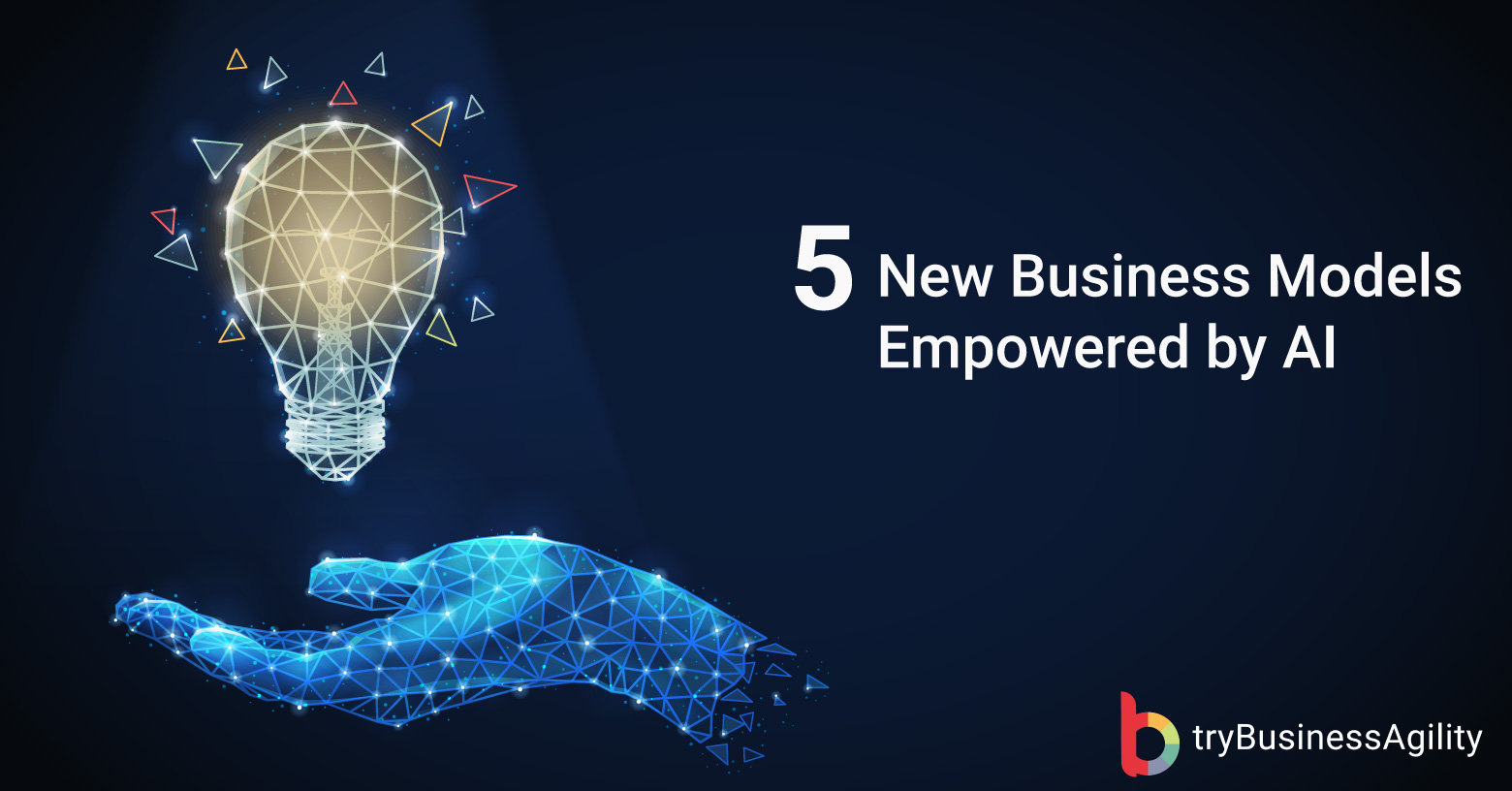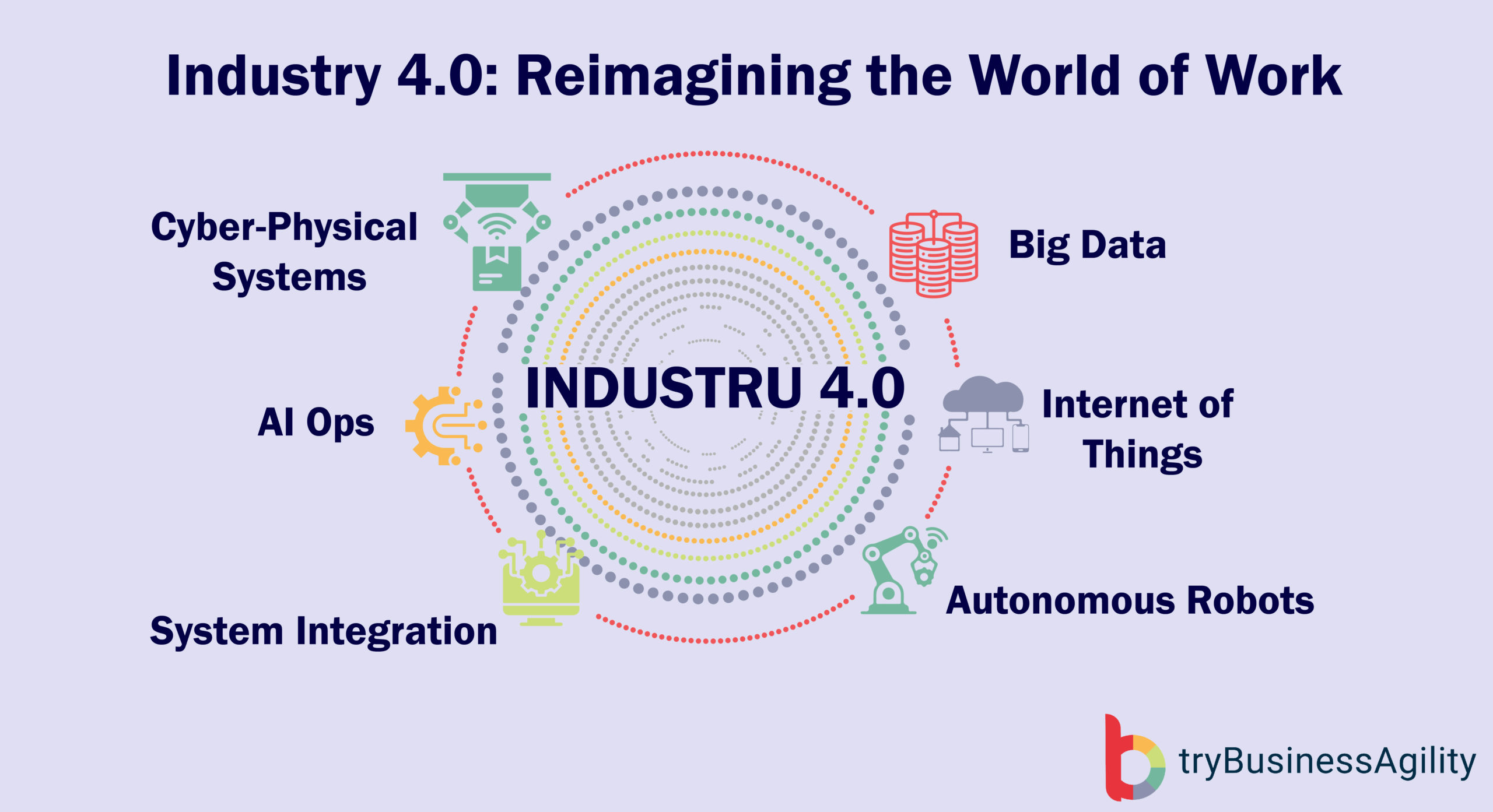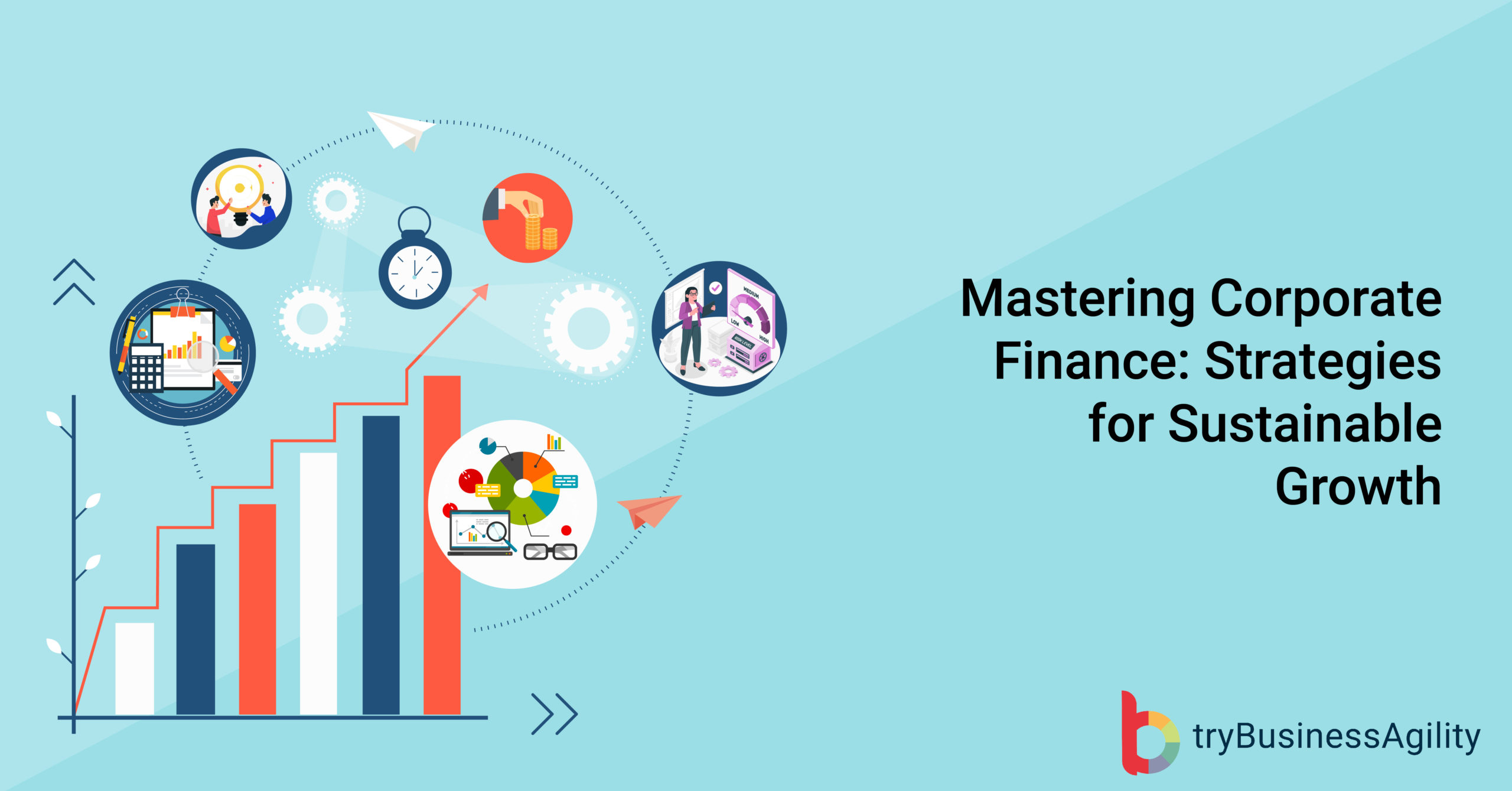Talent management is an essential function of any organisation that helps to attract, develop, and retain the best employees. Over the years, talent management has evolved with technological advancements and changes in employee preferences. With the start of a new decade, it’s essential to take a closer look at the trends that will shape the future of talent management.
There are four major trends to watch in talent management:
- The Rise of the “Gig” Economy
The rise of the “gig” economy, characterised by freelance work and remote work, is changing how companies approach talent management. According to a study by Cornell University’s School of Industrial and Labor Relations, the number of people engaged in alternative work arrangements has increased by 15% since 2005.
As a result, companies need to adopt new talent management strategies to attract and retain top talent. One way to do this is by leveraging technology. Platforms like Upwork and Fiverr can help companies access a global talent pool while providing flexible work arrangements for employees.
In addition, tools like Trello and Asana can help remote teams to collaborate effectively and stay organised. One organisation, Airbnb, is successfully leveraging the “gig” economy. The company hires freelancers and contractors for various projects and allows employees to work remotely. This has helped Airbnb attract top talent and promote a flexible work culture.
- The Significance of Diversity and Inclusion
The significance of diversity and inclusion is a trend that has gained traction in recent years. Research from Columbia Business School shows that companies with diverse workforces are more innovative and perform better financially. According to a study by McKinsey & Company, companies in the top quartile for gender or racial and ethnic diversity are more likely to have financial returns above their national industry medians.
Companies must adopt a holistic talent management approach to promote diversity and inclusion. This includes creating a diverse candidate pool, providing unconscious bias training for hiring managers, and promoting an inclusive culture. Tools like Textio and Blendoor can help companies to reduce bias in job postings and identify diverse candidates. Salesforce is one of the organisations that has prioritised diversity and inclusion. The company has set ambitious goals to increase the representation of underrepresented groups in its workforce and has implemented various programs to promote a culture of inclusion. For example, the company has created employee resource groups (ERGs) that provide support and networking opportunities for employees from diverse backgrounds.
- The Use of Artificial Intelligence (AI) in Talent Management
Artificial intelligence (AI) is another trend that is transforming talent management. AI can help companies to identify and recruit the best candidates, personalise the employee experience, and improve employee retention. According to a study by IBM, 66% of CEOs believe that cognitive computing can drive significant value in HR.
AI-powered recruitment software can automate recruitment, reduce bias and improve efficiency. Platforms like HireVue and Mya can automate recruitment, reduce bias and improve efficiency. Chatbots like Wade & Wendy can engage candidates and provide personalised experiences. Unilever is using AI to improve its talent management practices.
The company uses an AI-powered recruitment tool called Pymetrics to identify candidates with the skills and traits that are most important for success in different roles. In addition, Unilever has developed an AI-powered tool called U-Perform that provides personalised feedback and coaching to employees.
- The Shift Towards Continuous Learning and Development
The final trend in talent management is the shift towards continuous learning and development. According to a study by the Wharton School, employees who receive regular training are more engaged and productive. In addition, research from Deloitte shows that companies with a strong learning culture are 92% more likely to innovate, 52% more effective, and 17% more profitable.
Companies need to provide access to training programs and resources to promote continuous learning and development. Knowledge management systems (LMS) like Cornerstone and Docebo can help companies create and deliver employee training programs. In addition, microlearning platforms like Axonify and Grovo can provide bite-sized training modules that employees can access on the go.
In conclusion, new trends and technologies will shape talent management’s future. By adopting new tools and strategies, companies can attract and retain top talent and stay ahead of the competition. However, it’s essential to keep in mind that. Microsoft is an Organisation that offers a variety of learning opportunities for its employees, including a learning platform called Microsoft Learn that provides access to thousands of courses and resources on topics ranging from programming to project management. Microsoft also encourages employees to participate in hackathons, which provide a fun and collaborative environment for employees to develop new skills and work on innovative projects.
In addition, Microsoft has implemented a program called MySkills, which provides employees with personalised recommendations for courses and learning resources based on their career goals and interests. The company also offers a range of leadership development programs, including the Microsoft Aspire Experience, designed to help early-career employees build leadership skills and advance their careers.
These are just a few examples of organisations implementing the talent management trends mentioned in the blog. By following in their footsteps, other companies can stay ahead of the curve and attract and retain top talent.
About the Author:
Venkatesh is a Founder of trybusinessagility, a Management Consulting firm. He is an award-winning Coach listed as one of the Top 100 Most Influential Coaching Leaders by the World HRD in 2023. He is also a Professional Scrum Trainer® with Scrum.org and a Certified Enterprise Coach® with Scrum Alliance.
tryBusinessAgility, a flagship of tryScrum. Our mission is to discover, preserve and distribute knowledge and capabilities to enable the next generation of organisations to be capable and resilient.
Contact
Plot : 2, F1 - Studio, Nest Gaura, Sundaram Colony, Chennai - 600073
support@trybusinessagility.com
+91 9789490848
© 2024 Copyright trybusinessagility.com All Rights Reserved.







